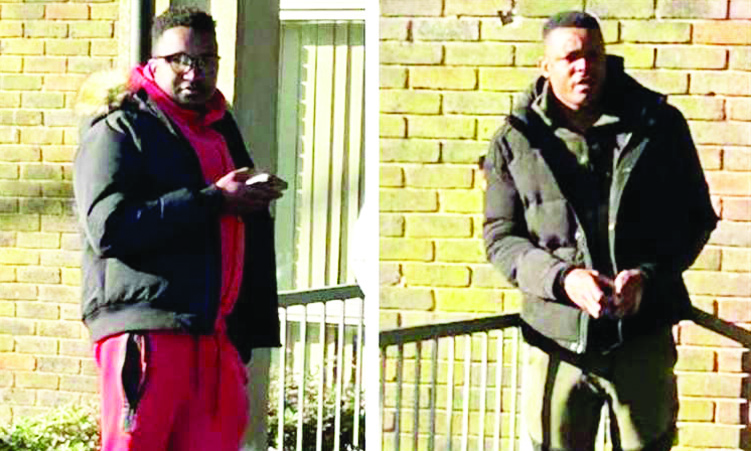KINSHASA – More than 1 500 Rwandan troops crossed the border into eastern Congo yesterday to join Congolese forces in an effort to oust Hutu rebels who participated in Rwanda’s genocide, officials from both countries and the United Nations said.
Congolese government spokesman Lambert Mende said the Rwandan forces arrived yesterday morning and that the joint military operations would last 10 to 15 days.
‘We have officially asked the Rwandan army to participate in the disarmament operations of the Interahamwe (Hutu militia) which have begun,’ Mende said.
The two Central African countries earlier agreed to step up efforts against the Rwandan Hutu FDLR militia in Congo, where it operates just over the border from Rwanda. But neither country has been able to eradicate the Hutu rebels since they fled to Congo in 1994.
The Hutu fighters, who helped carry out the genocide in which more than 500 000 ethnic Tutsis and moderate Hutus were killed, have remained in Congo untouched, heavily armed, and in control of lucrative mines in remote hills and forests.
The UN mission in Congo said it was not associated with the operations but confirmed that the Rwandan forces had entered Congolese territory. UN peacekeeping spokesman Lieutenant. Colonel Jean-Paul Dietrich said between 1 500 and 2 000 Rwandan soldiers had crossed the border.
Louise Mushikiwabo, the Rwandan minister of information, said all forces were under the command of the Congolese national army, known by its abbreviation FARDC.
‘This is the result of recent intense and sincere efforts – diplomatic, military and other – by various stakeholders to bring peace and stability to the region,’ Mushikiwabo said.
‘The government of Rwanda has played its part in a consistent and sincere manner. There is new momentum and the government of Rwanda is pleased the fundamental obstacle to stability for the last 15 years, i.e. the FDLR, is finally being tackled.’
Low-level fighting among armed groups has ground on for years in Congo’s lawless North Kivu province, but violence sharply escalated in August and has since displaced 250,000 people.
Congo’s ethnic Tutsi rebel leader, Laurent Nkunda, has used the threat posed by the Hutu rebels to justify carving out his own fiefdom in the mineral-rich east. But his critics contend he is more interested in power and Congo’s mineral wealth.
Many of the Hutu extremists who orchestrated the mass killings have remained in Congo, prompting Tutsi-led Rwanda to invade the mineral-rich nation twice.
There have been fears that the fighting in eastern Congo could again draw in neighbours as in Congo’s 1998-2002 war, which brought in armies from six African nations in a greedy scramble for the country’s vast mineral riches. – Nampa-AP
Stay informed with The Namibian – your source for credible journalism. Get in-depth reporting and opinions for
only N$85 a month. Invest in journalism, invest in democracy –
Subscribe Now!









